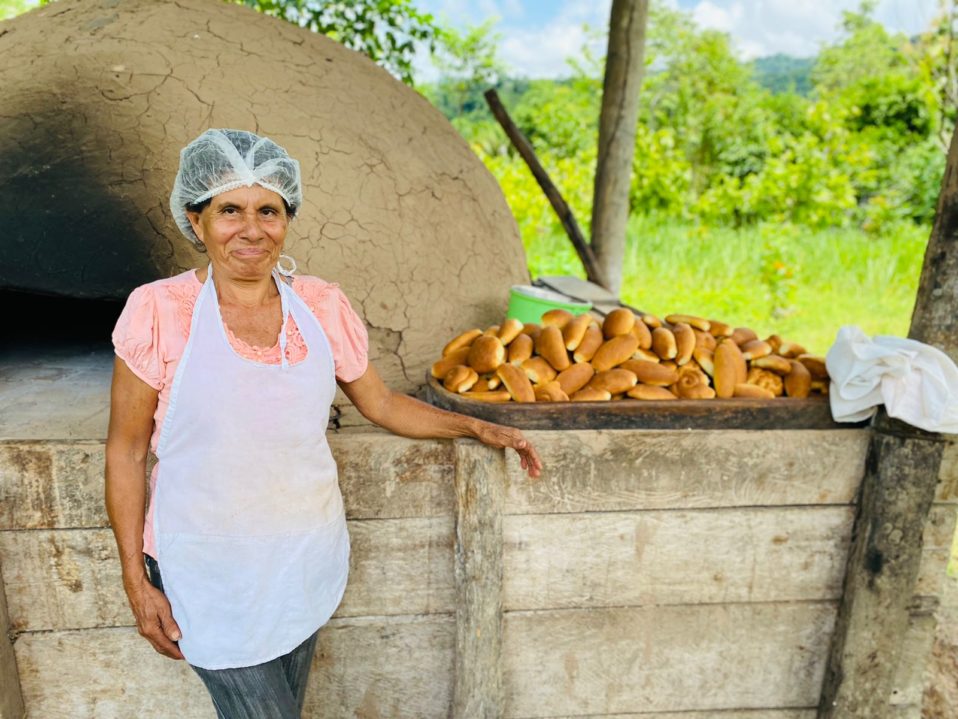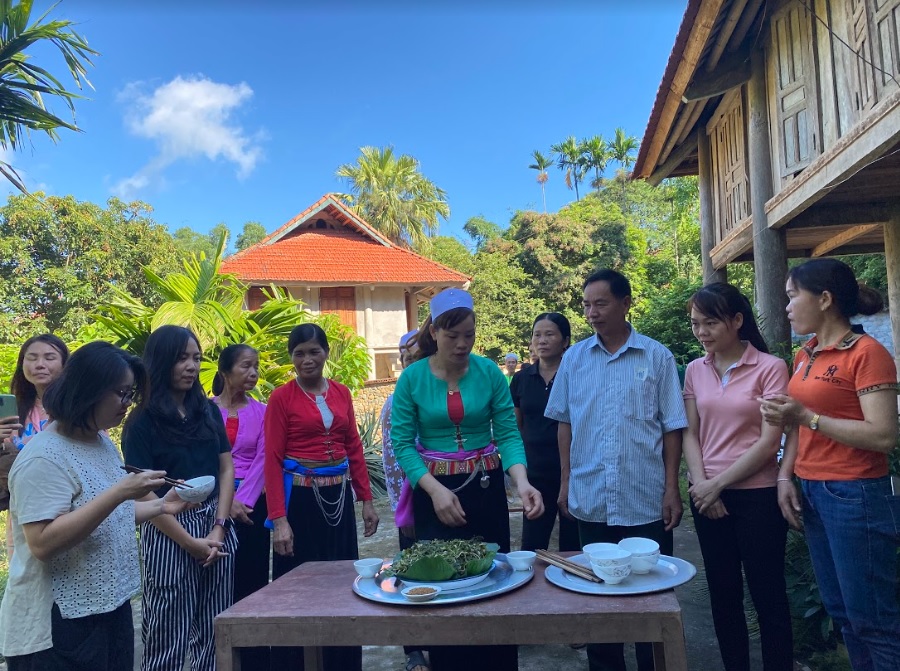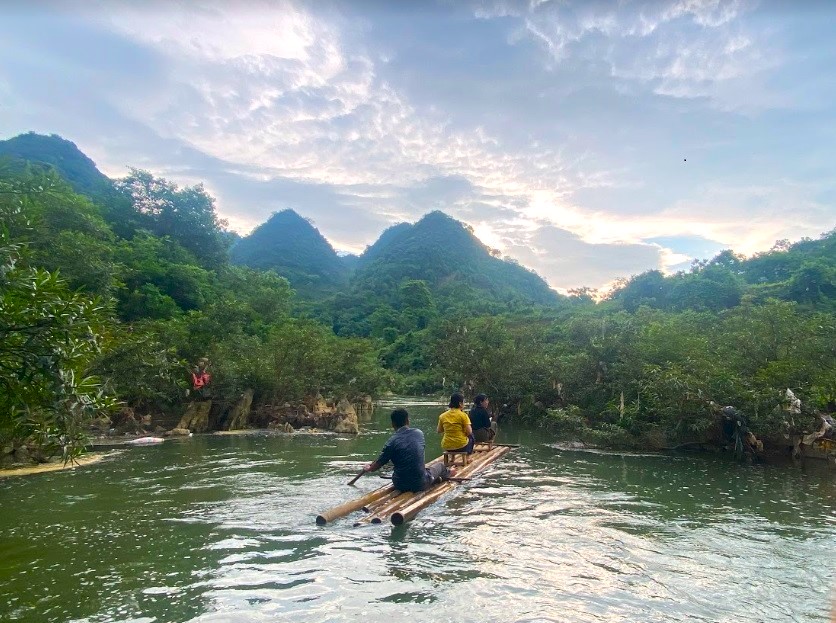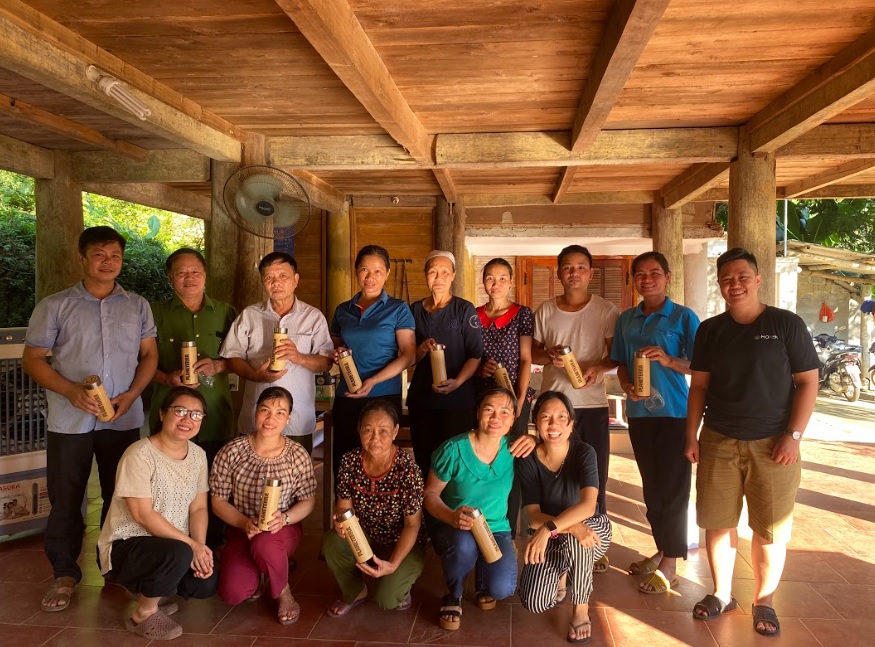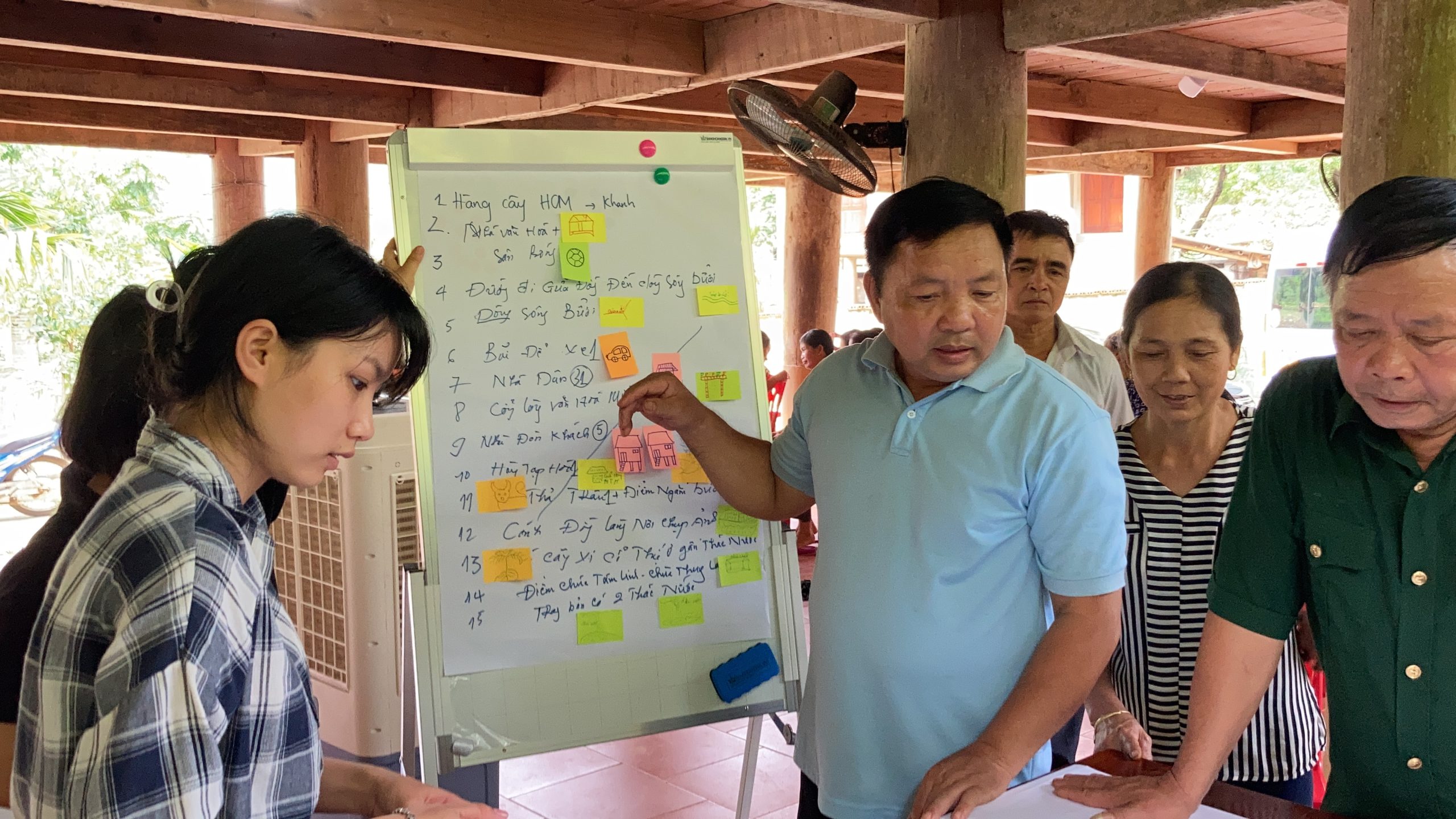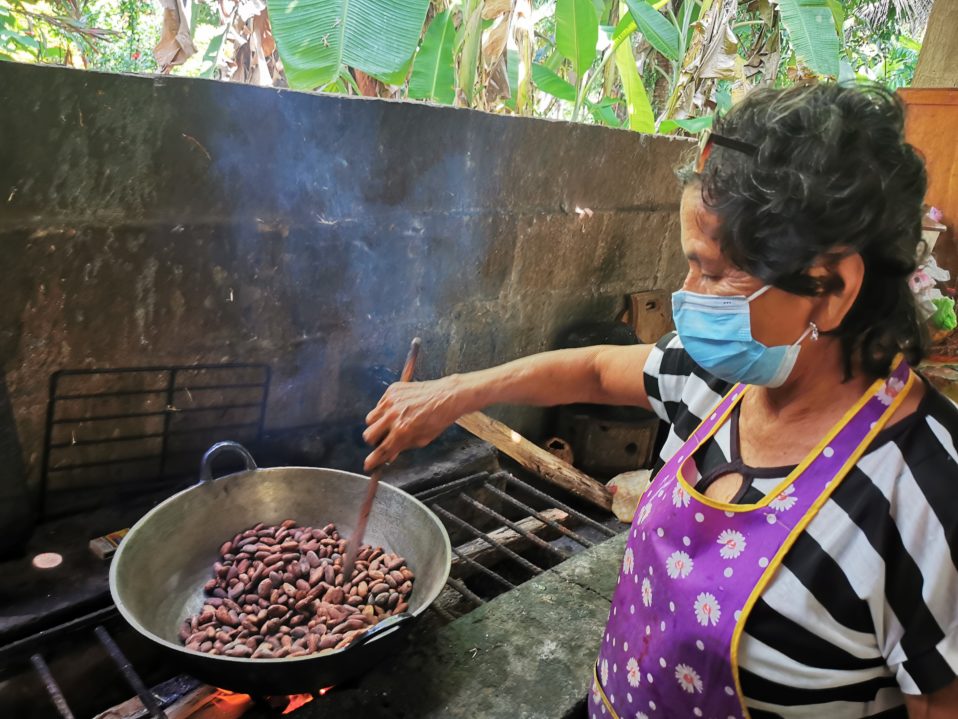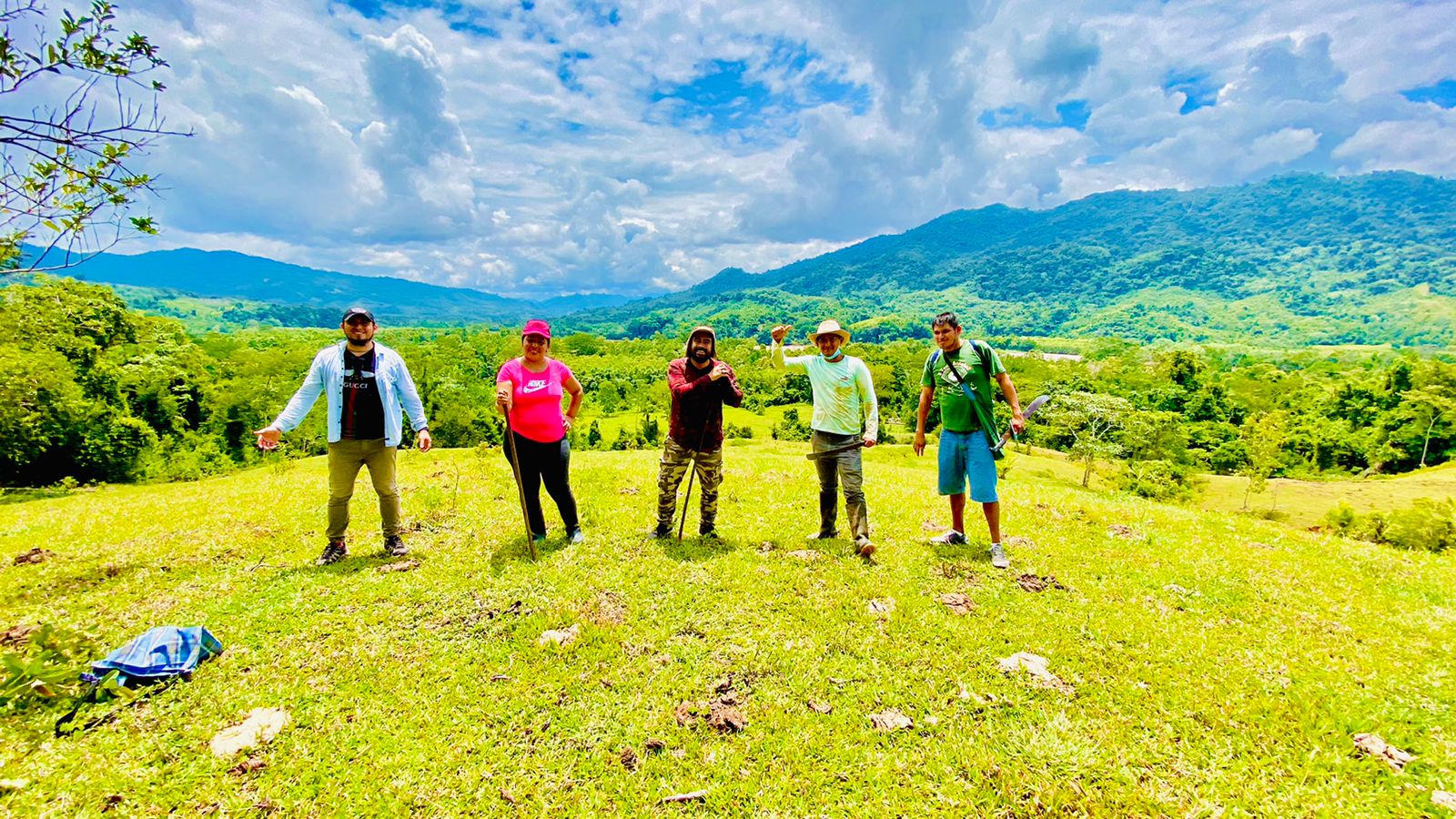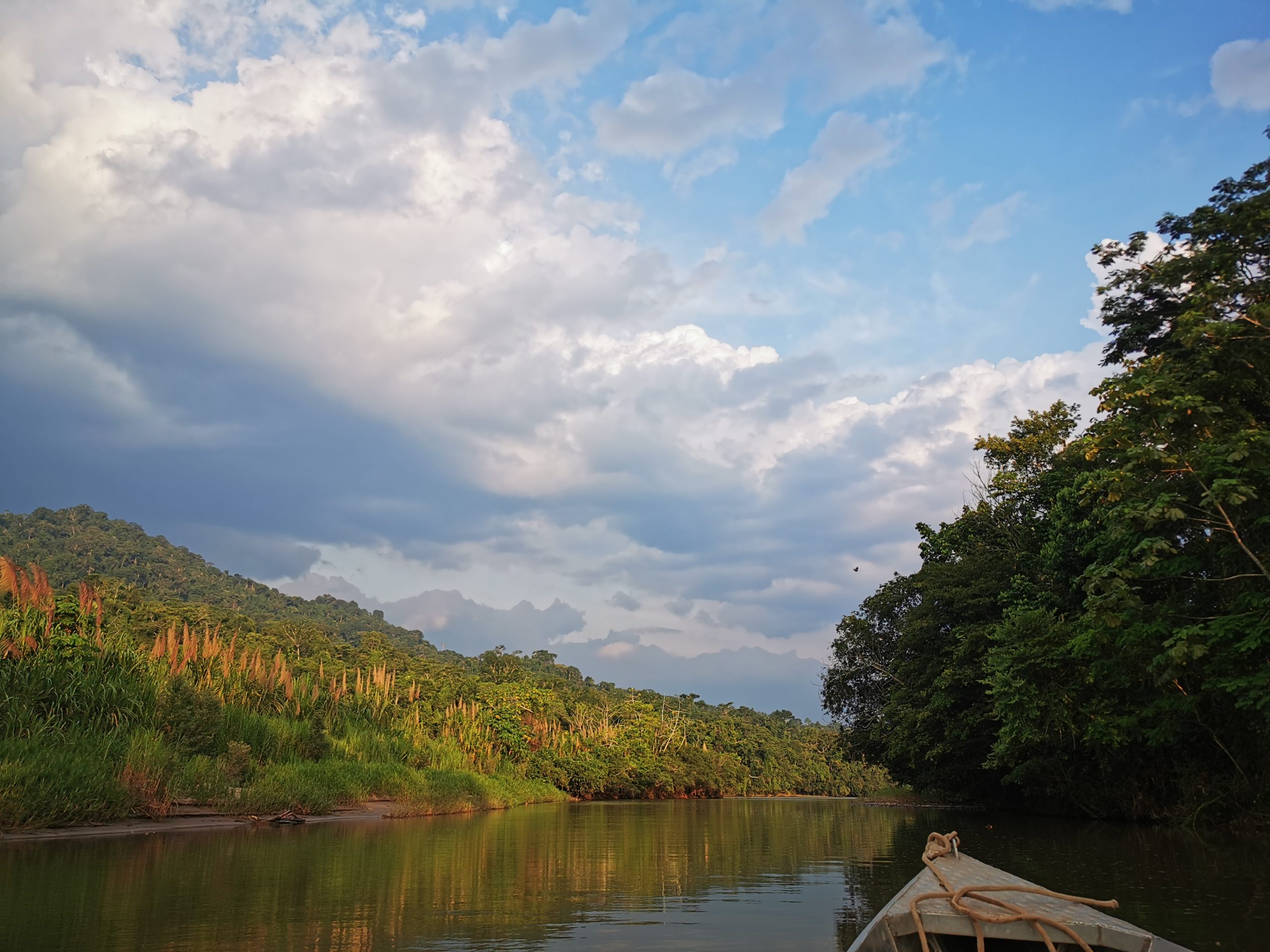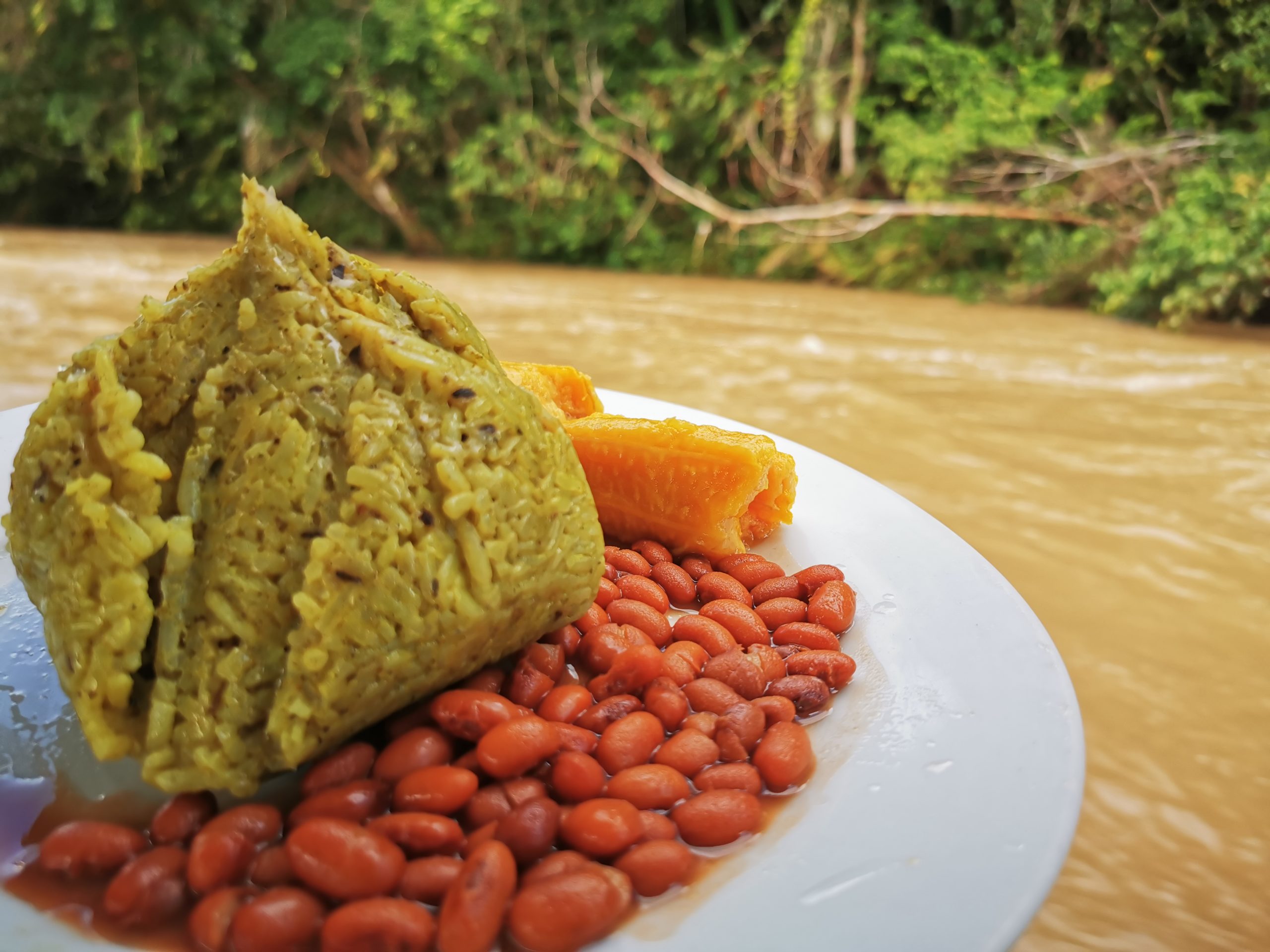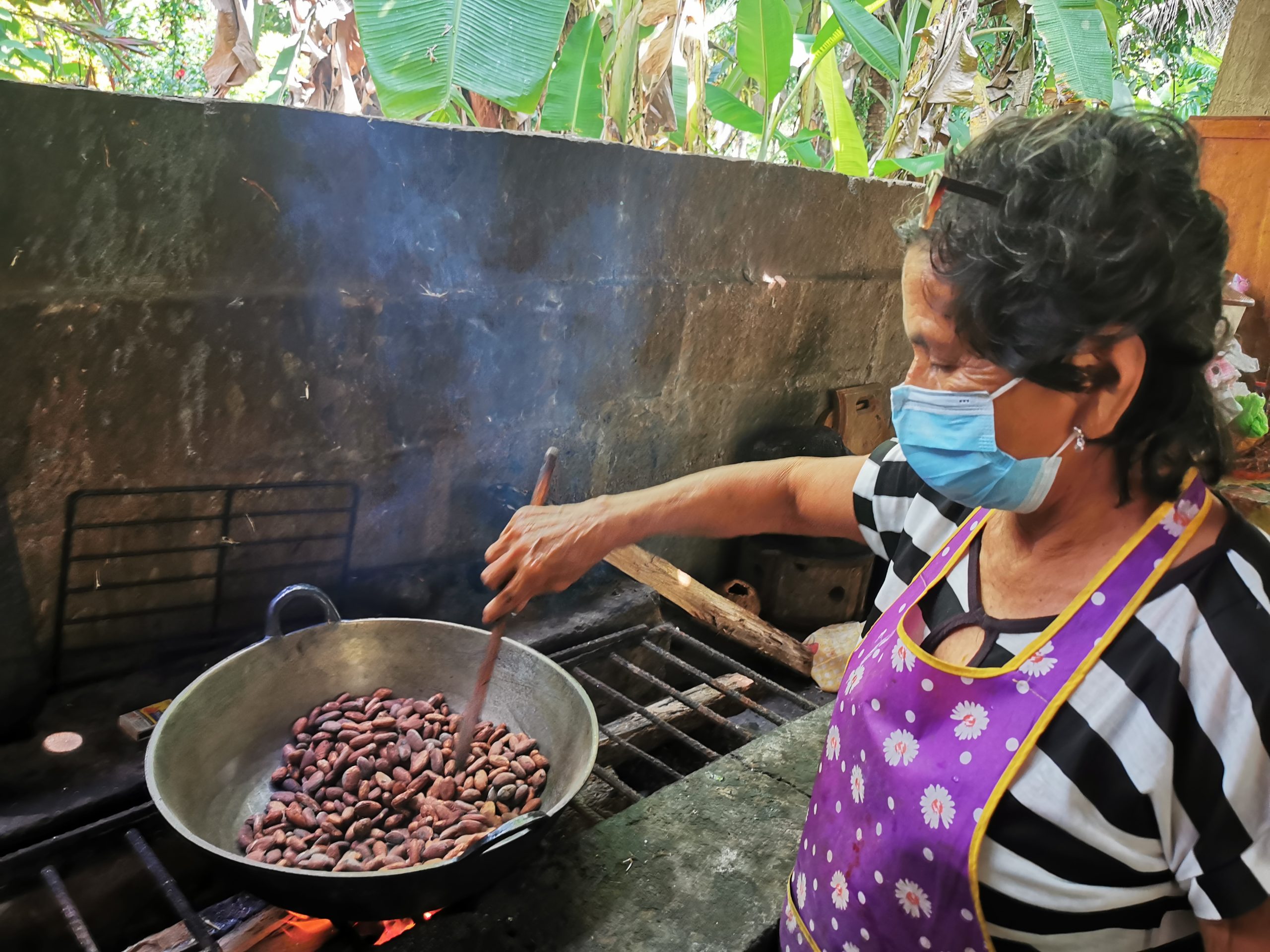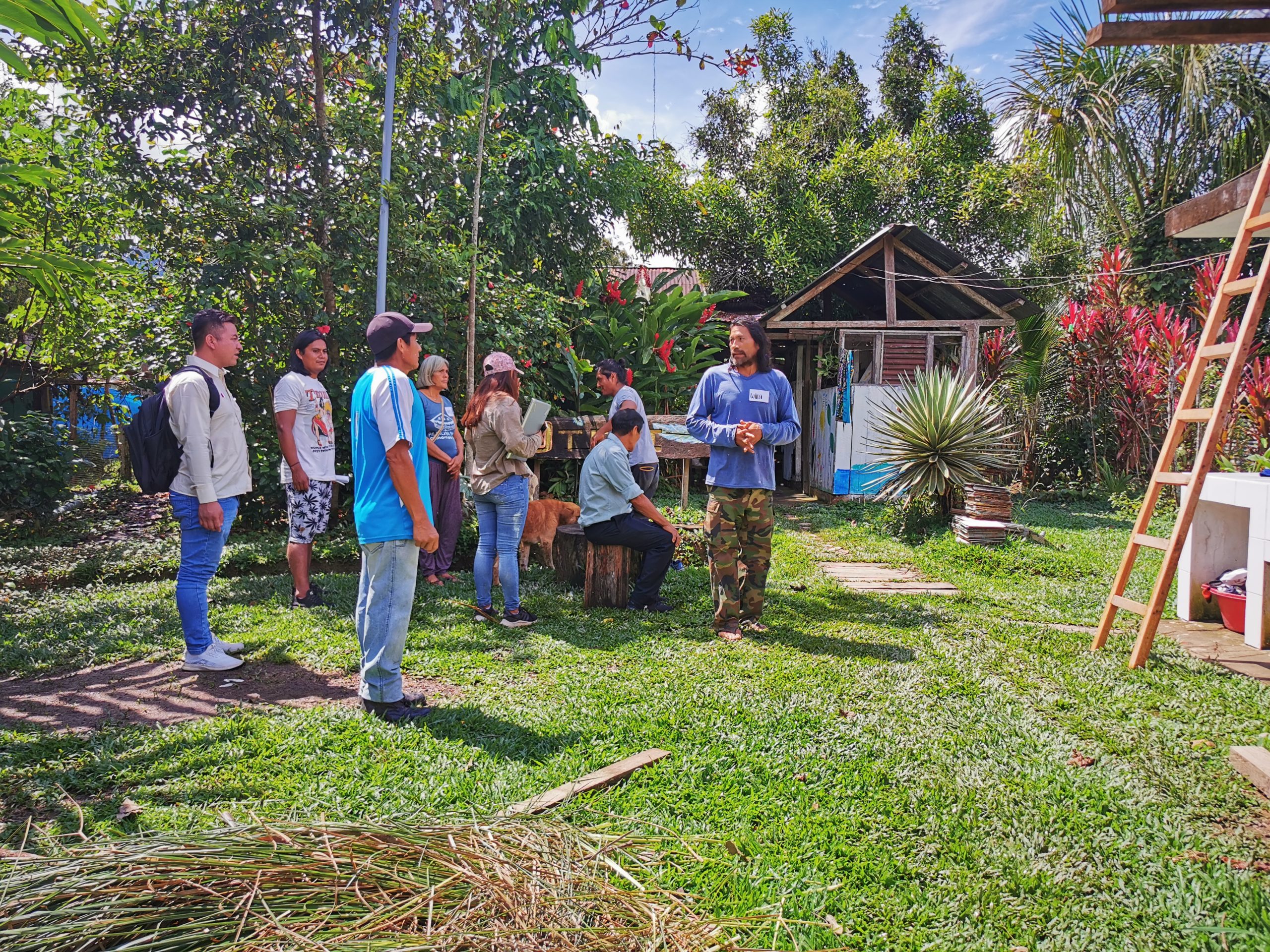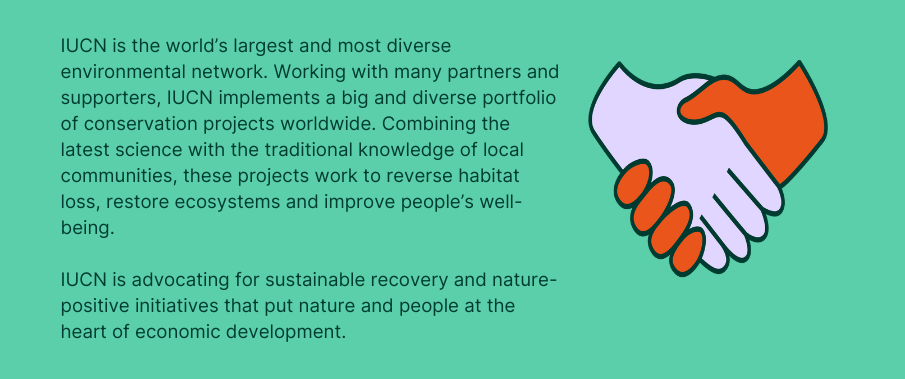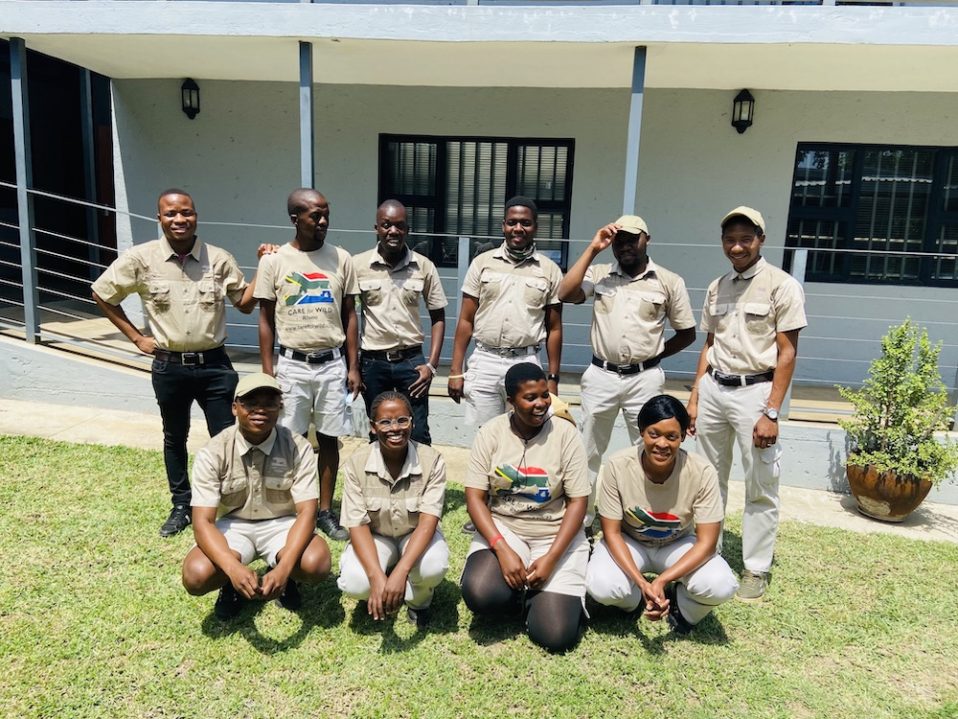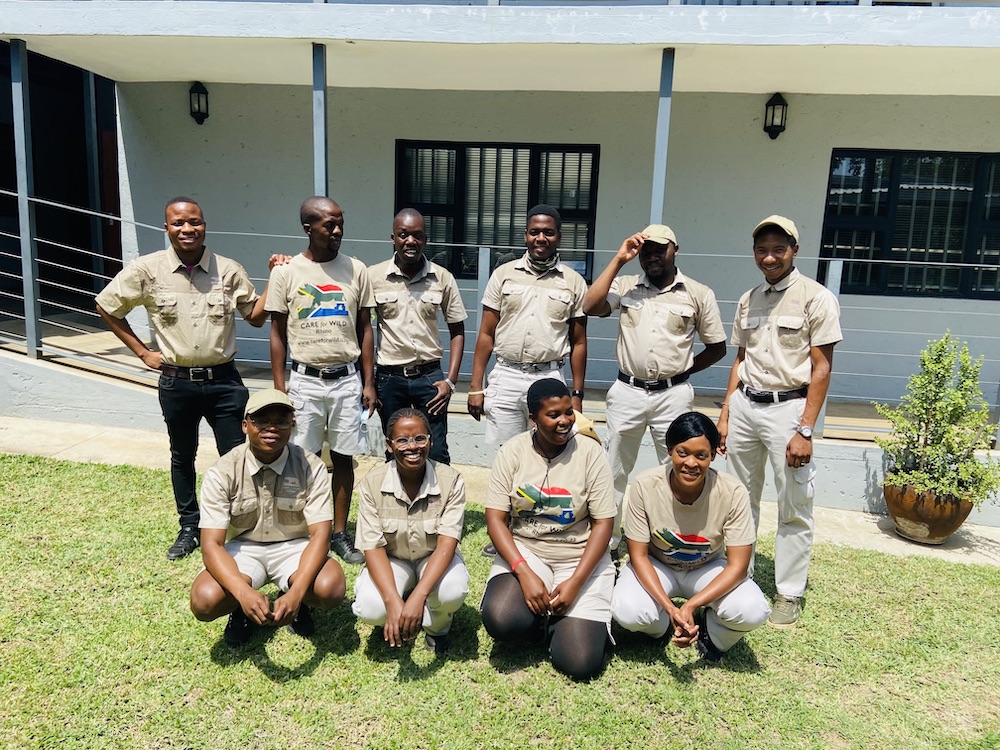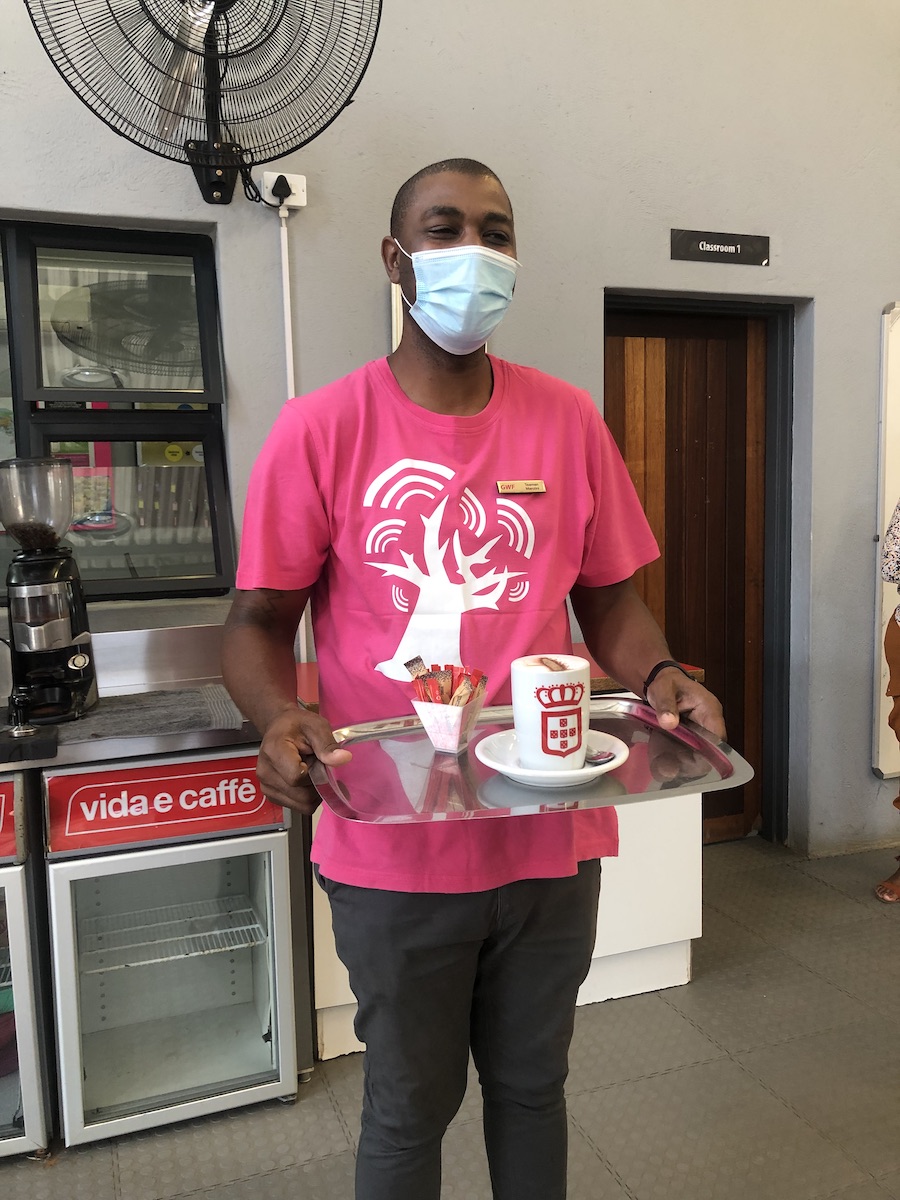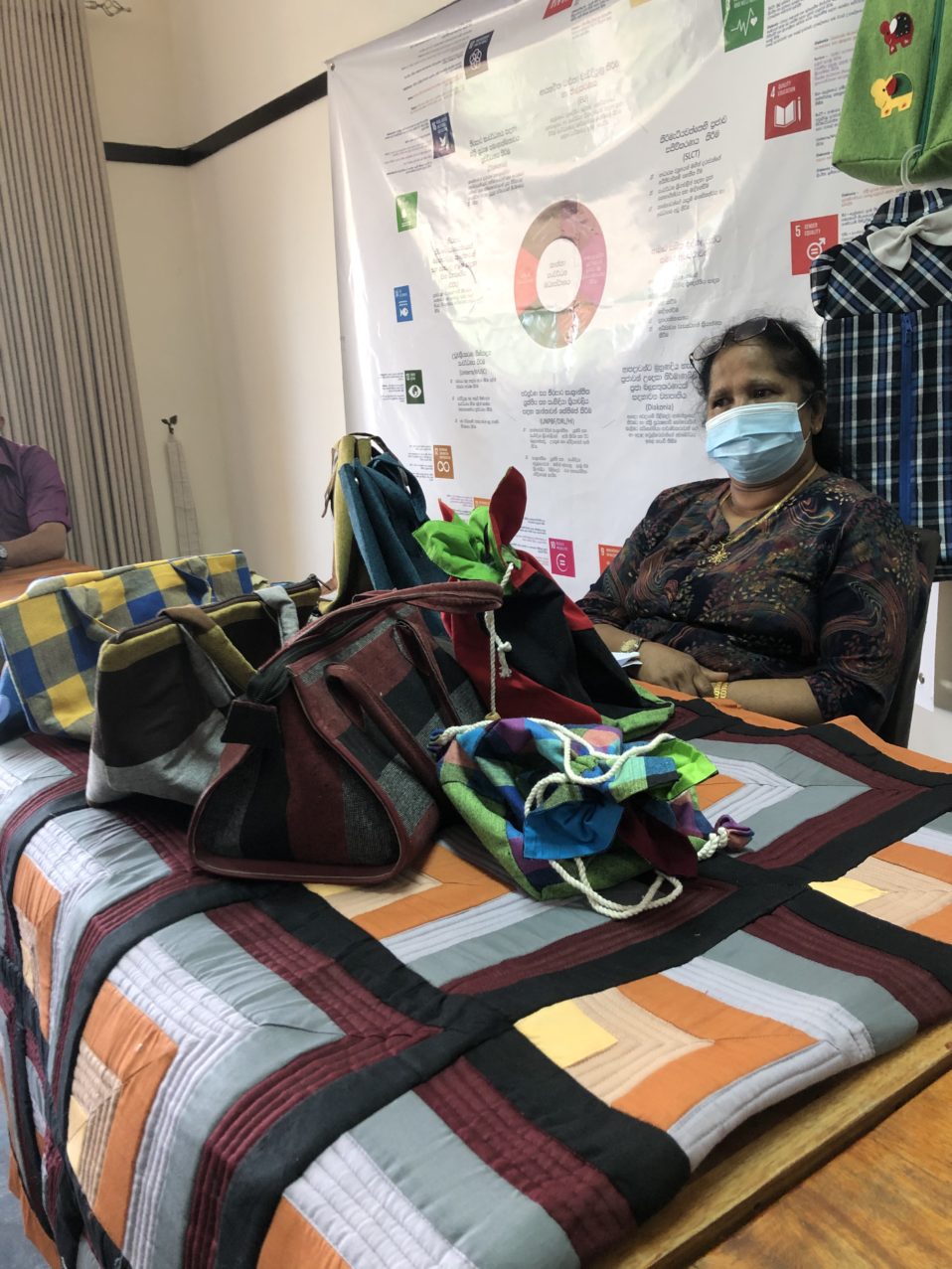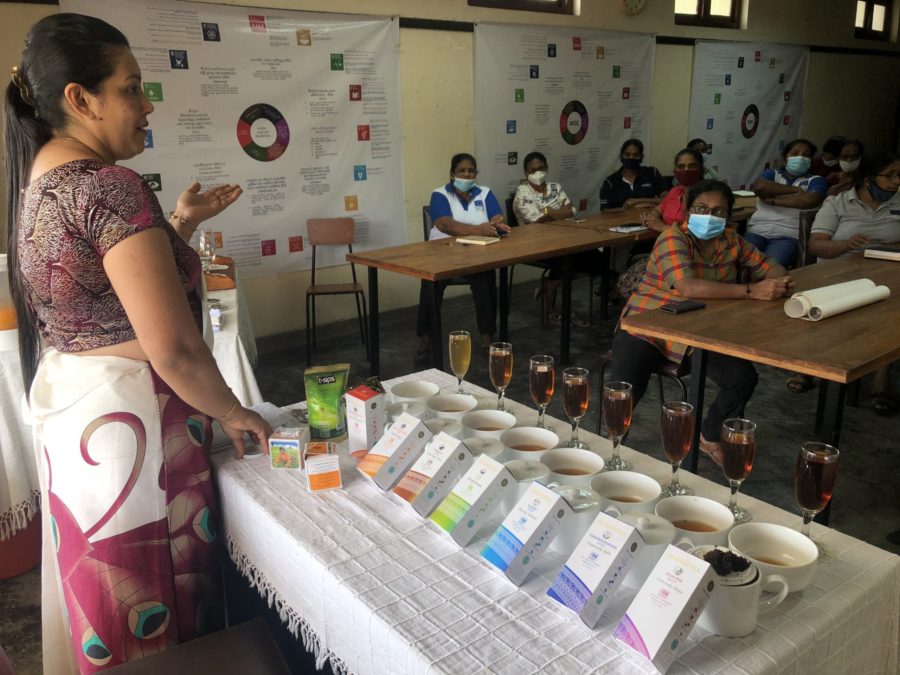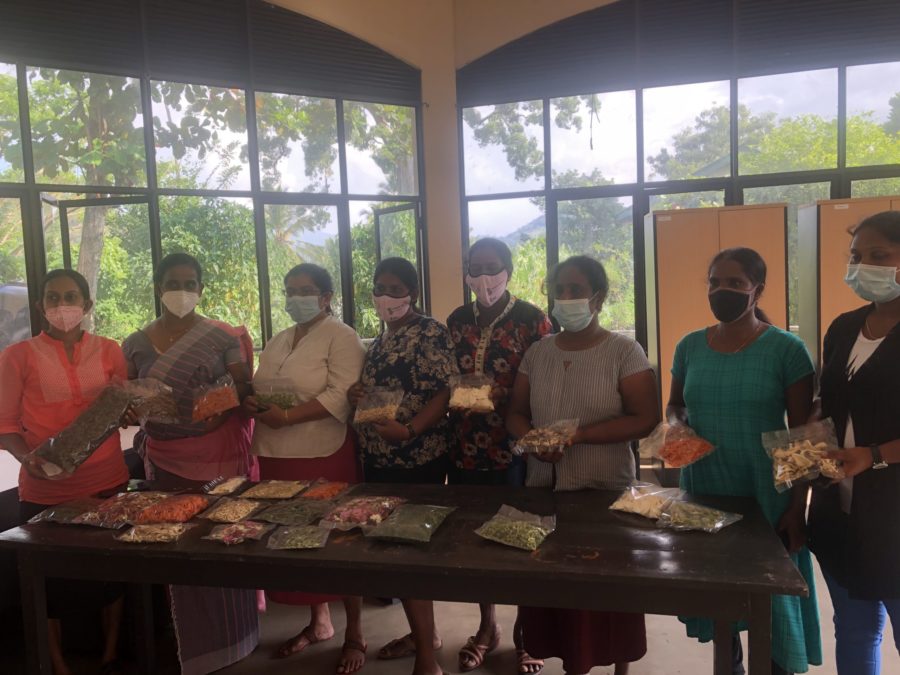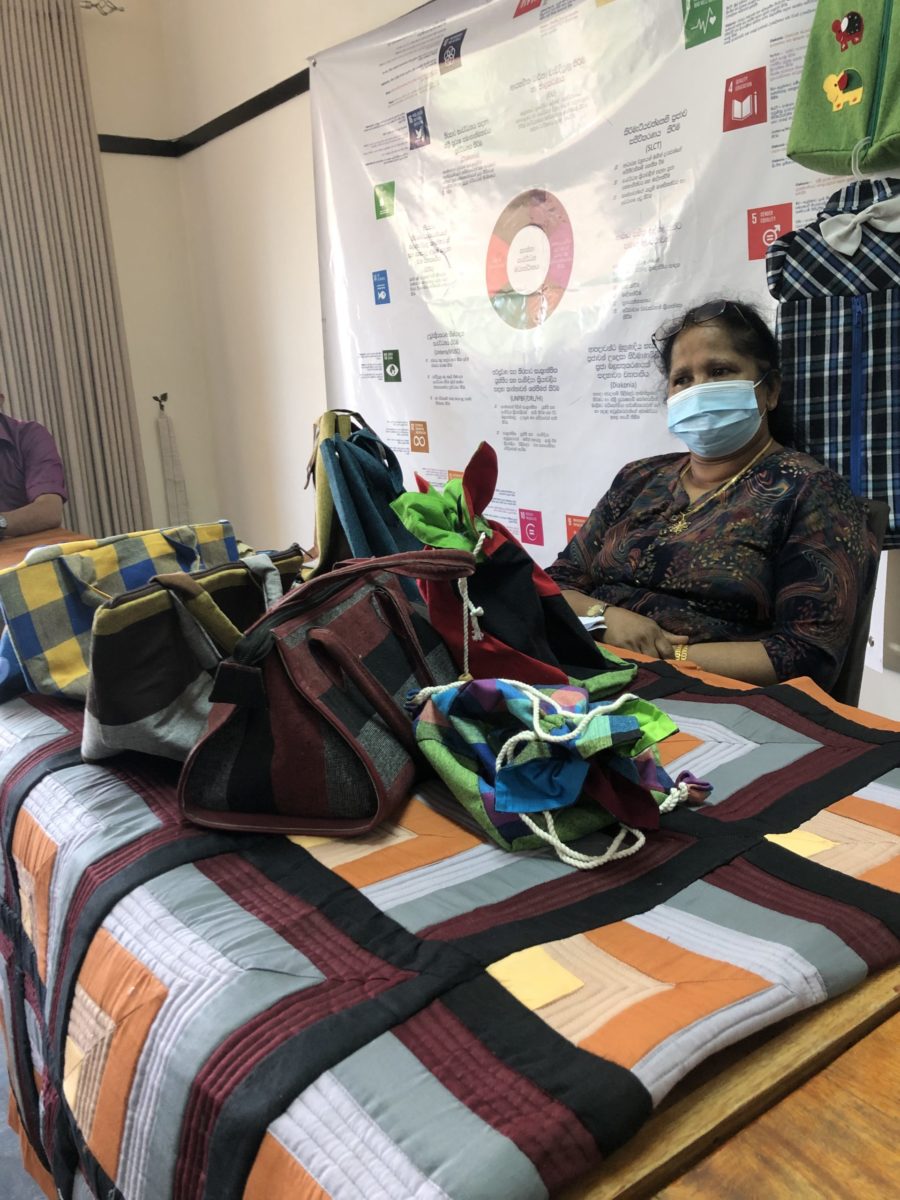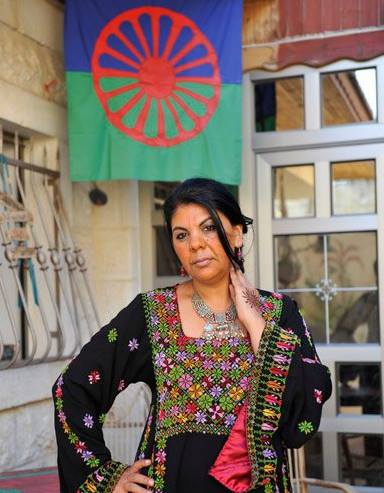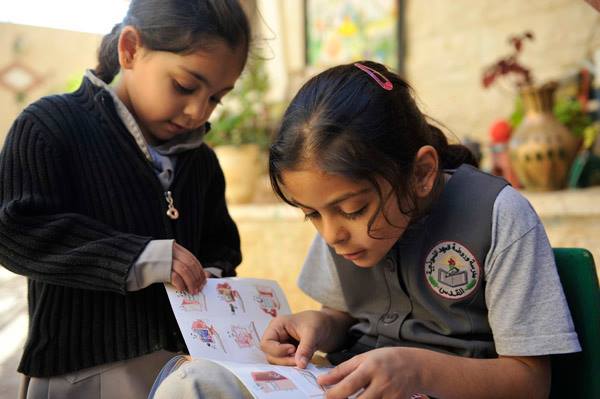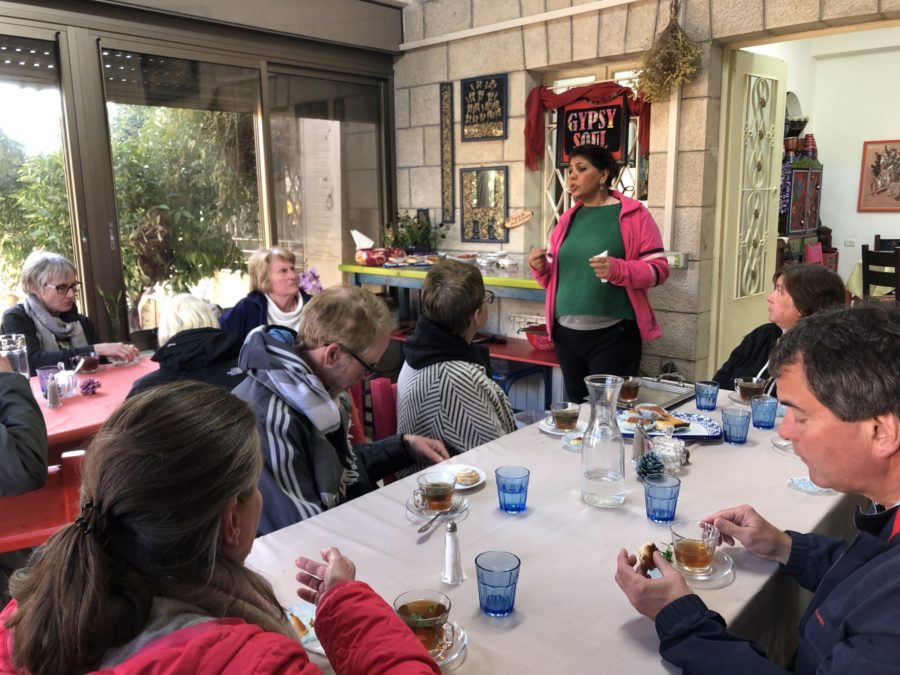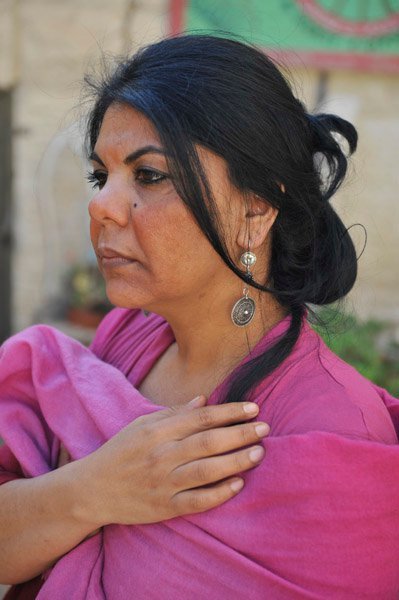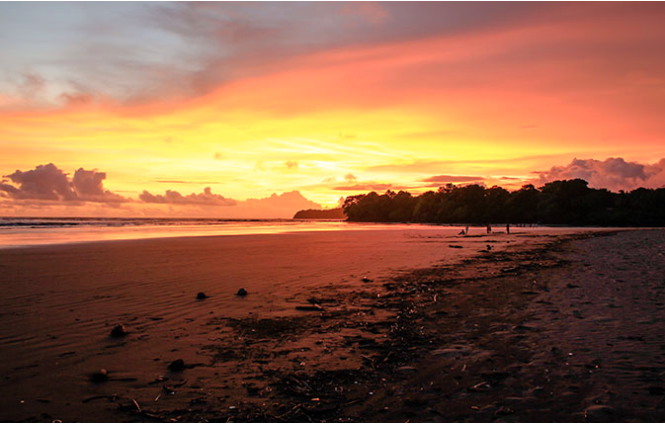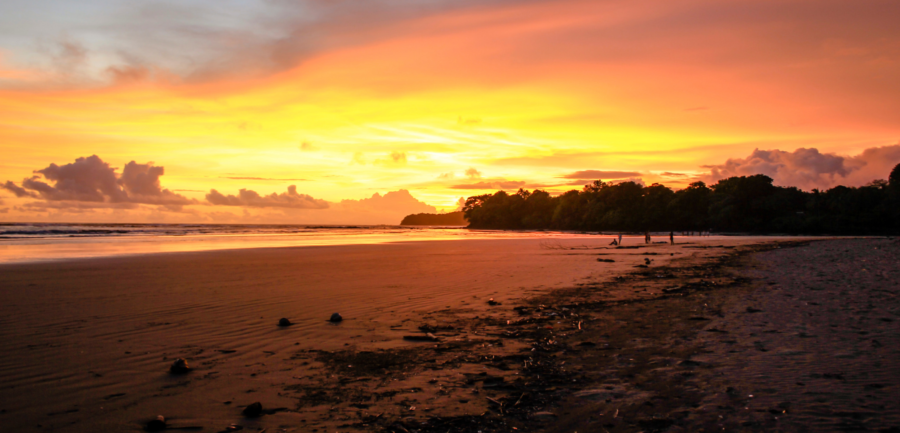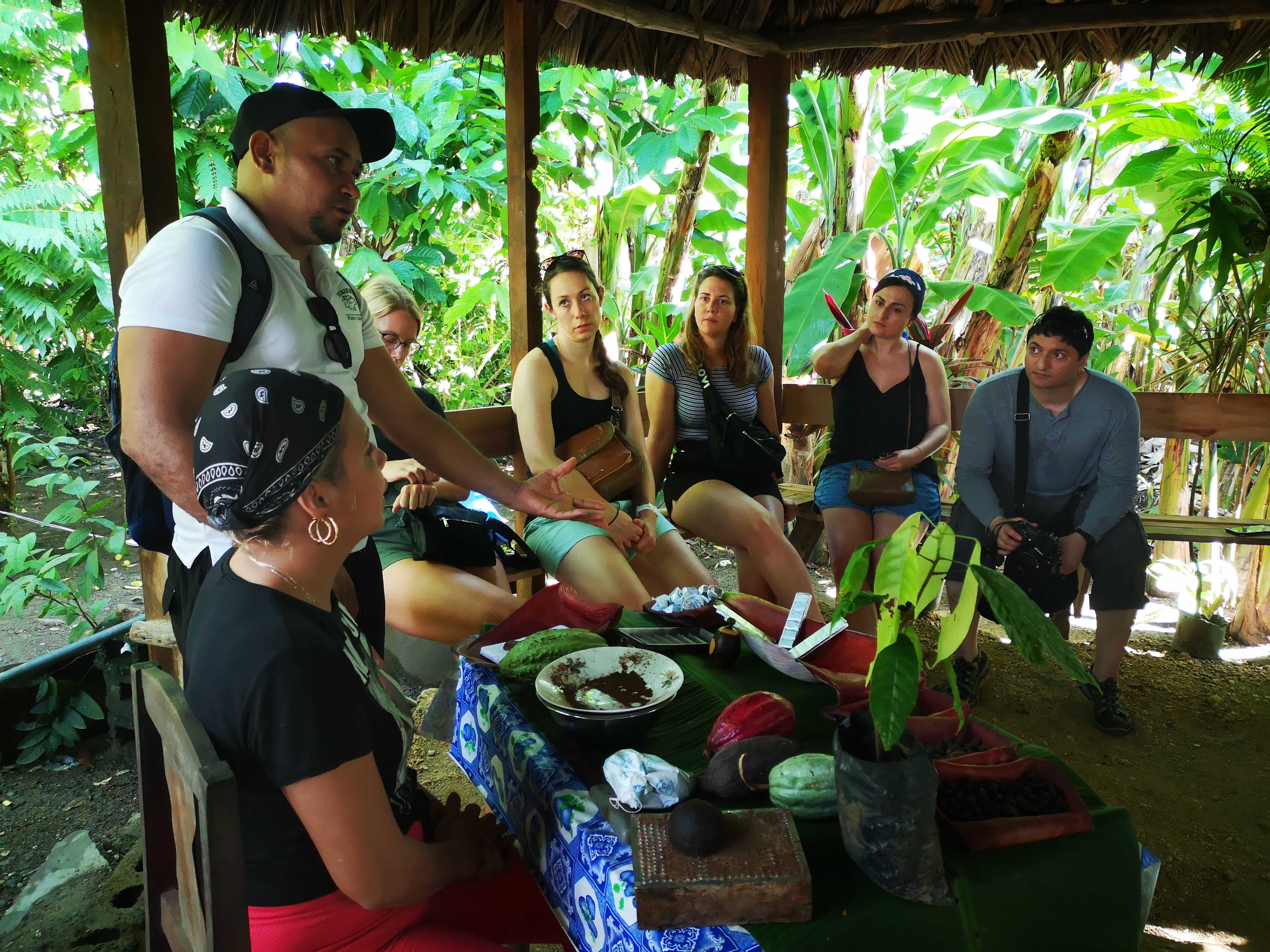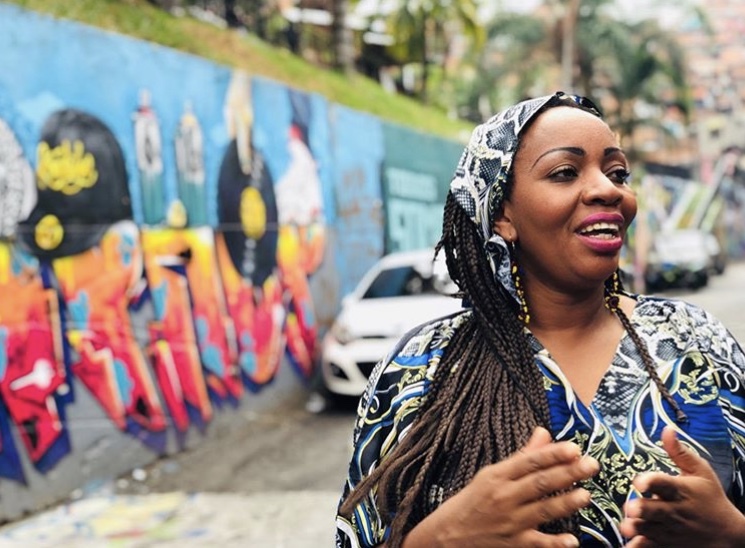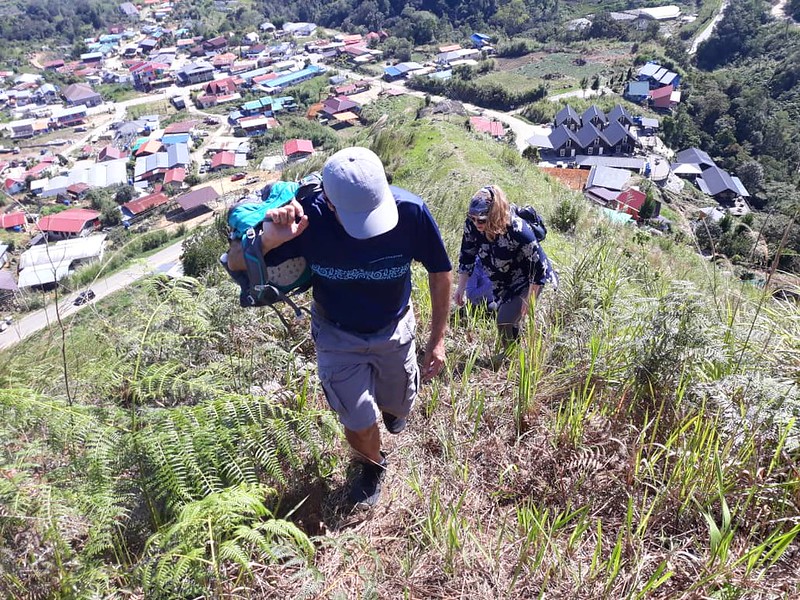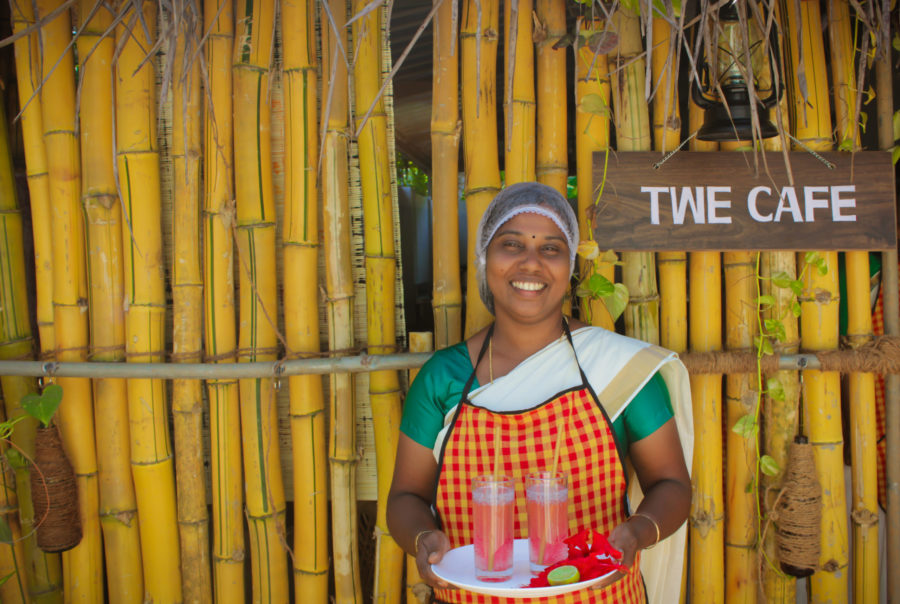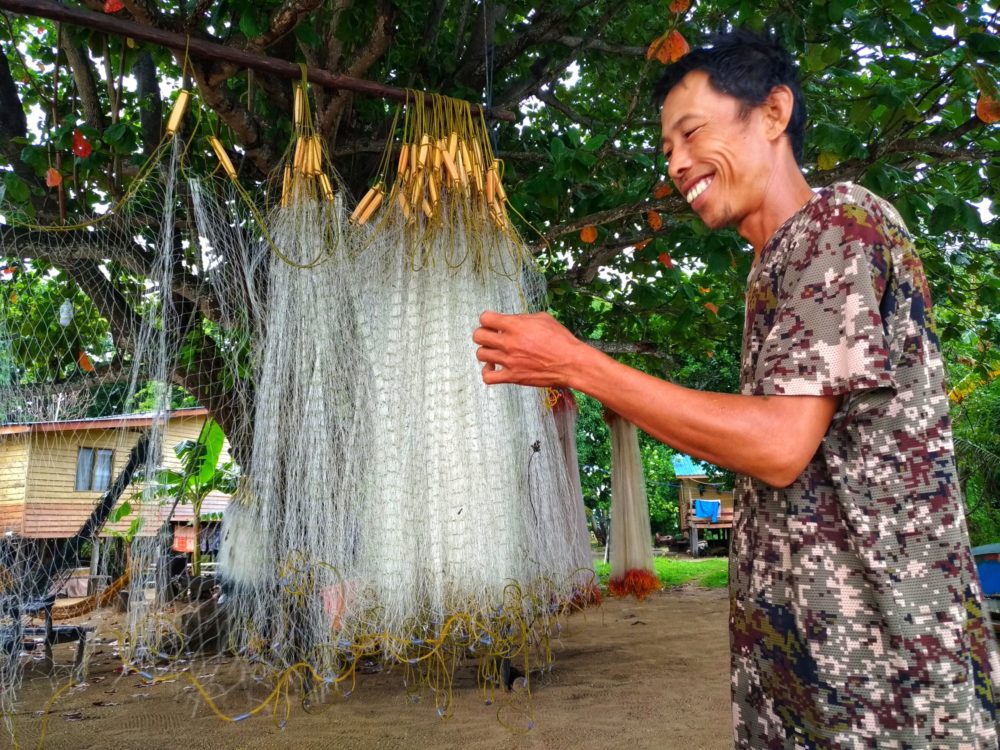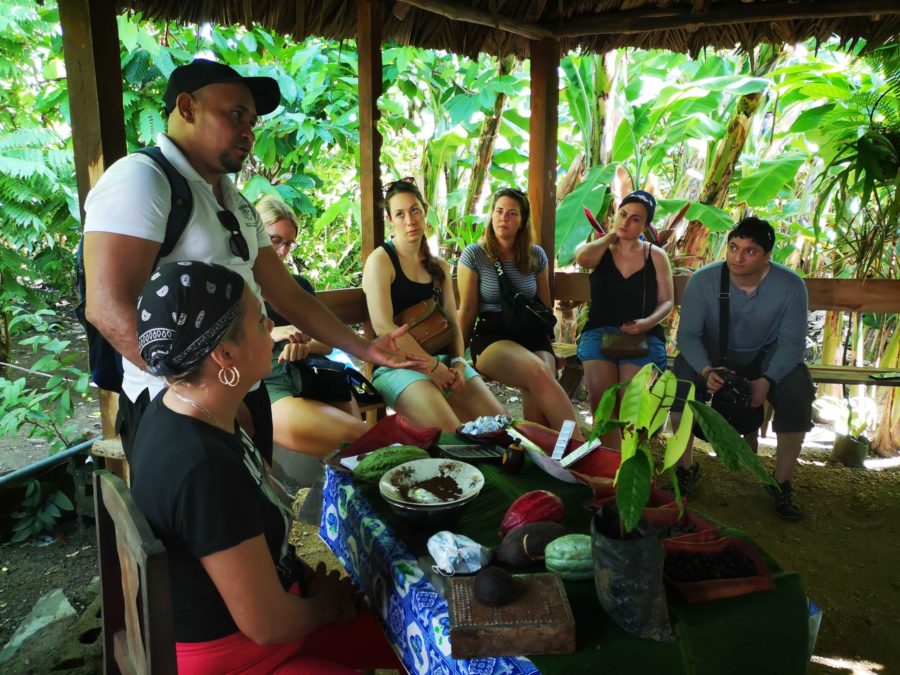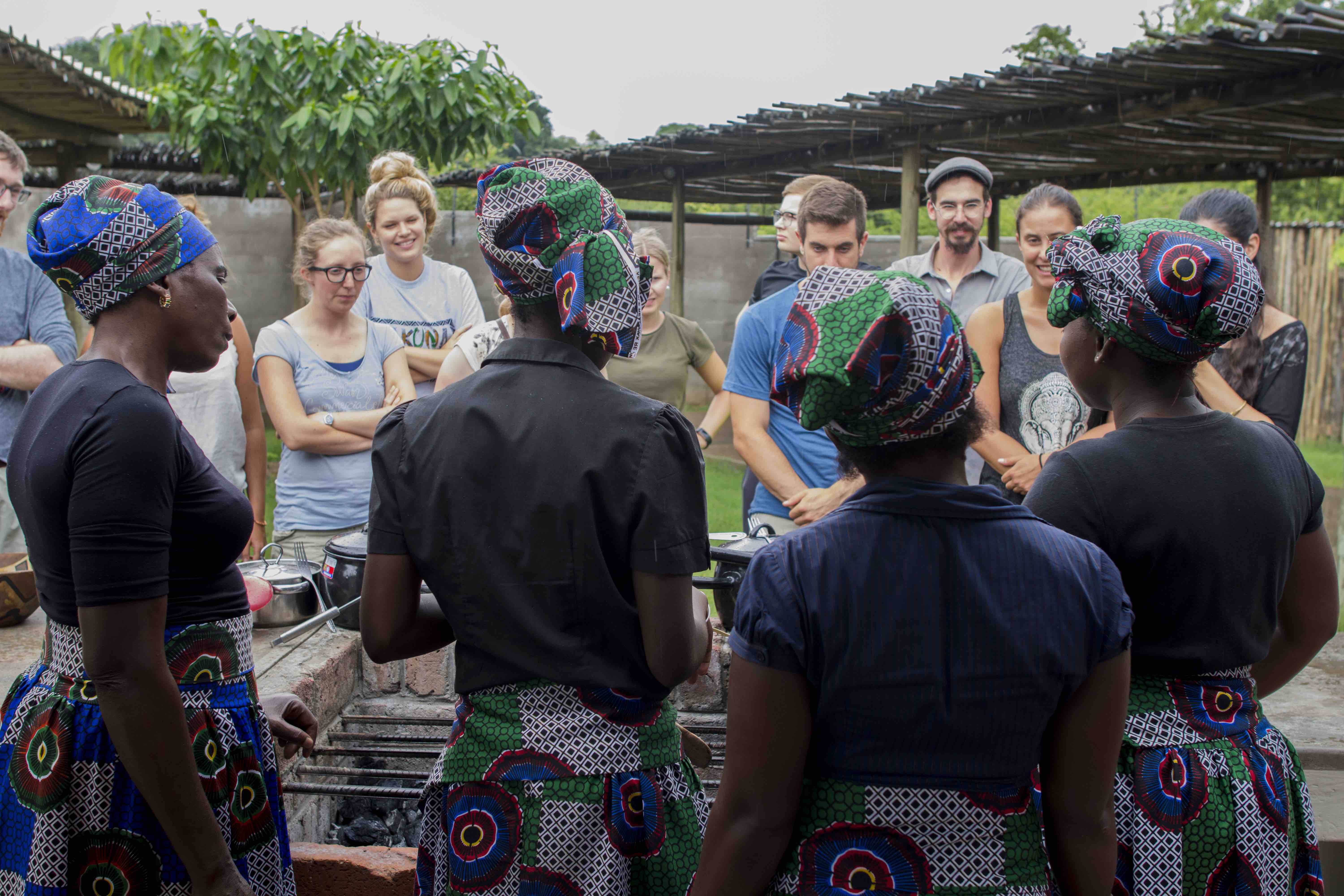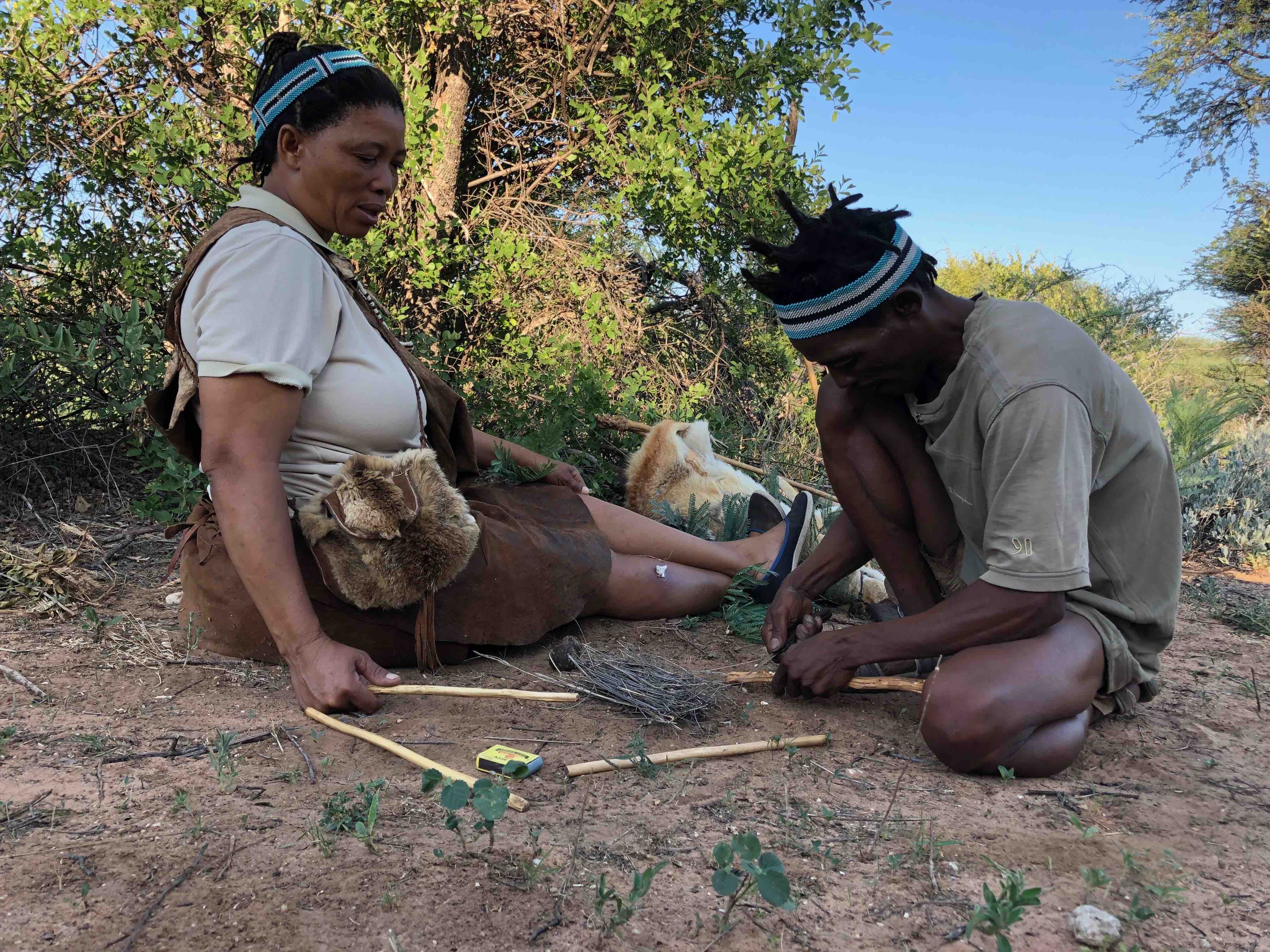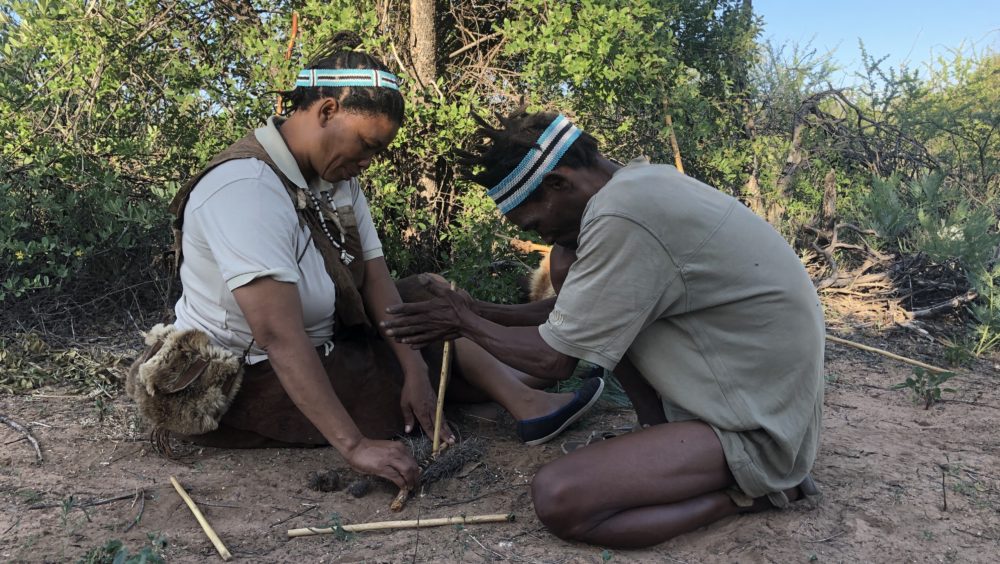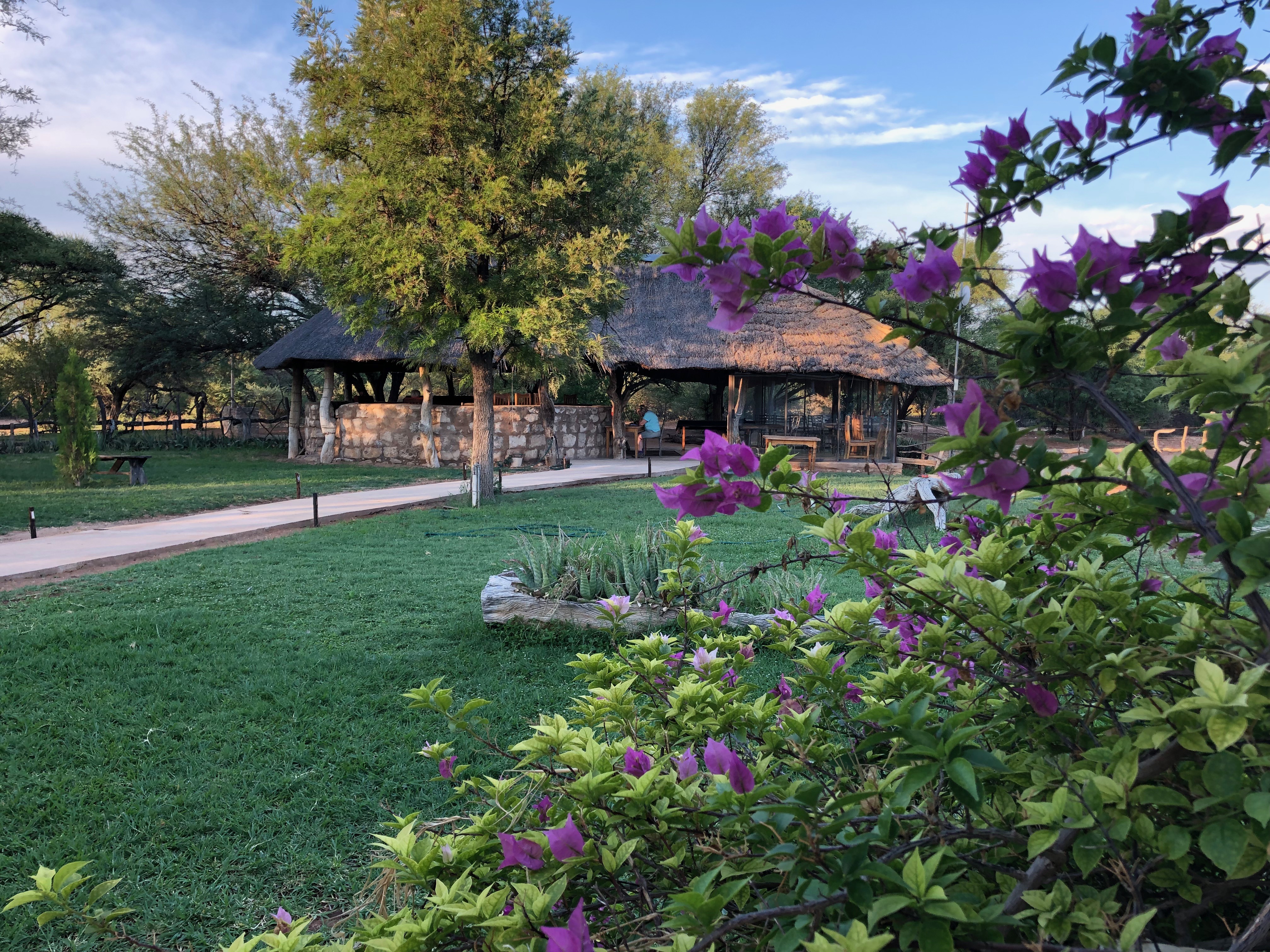In Peru, community members have developed action plans to recover the local tourism industry and ensure that there will be even more benefits for the communities.
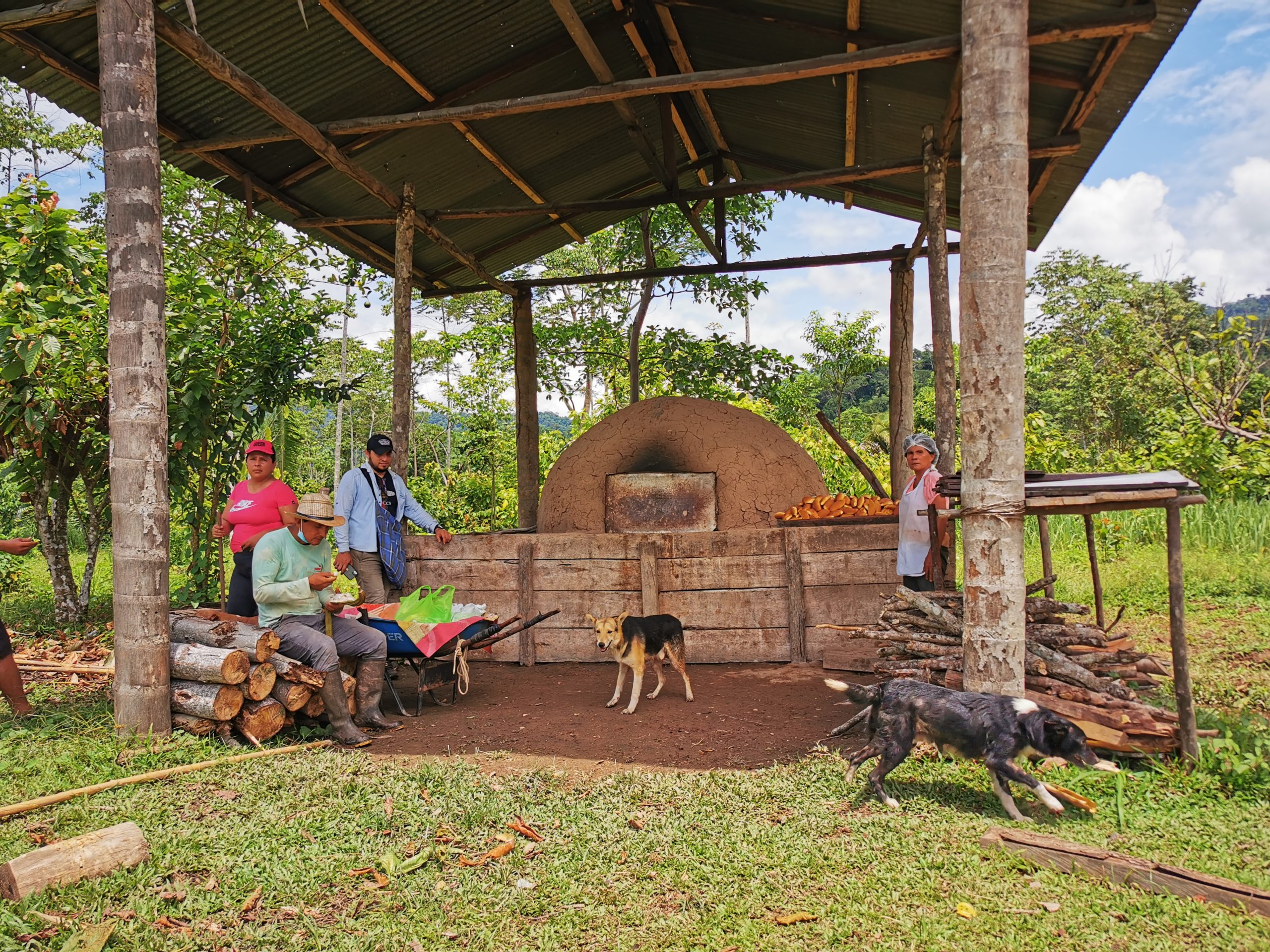
As the tourism industry begins to recover, Planeterra is working around the world to ensure that more communities will have access to the positive impacts of the tourism industry as it returns! One of the ways we are doing this is through our partnership with IUCN in Peru.
Planeterra’s local team has identified local tourism entrepreneurs in protected areas looking to create new or improve existing tourism experiences.
When done sustainably, tourism in protected areas provides a way for community members and travellers to enjoy and celebrate the natural beauty of the lands, while increasing our overall well-being and connectedness to nature.
Meet some of the local entrepreneurs in World Heritage Site, Río Abiseo, in Peru who will be improving and developing their products with us over the coming months:
Clara del Águila Aspajo, Santa Rosa Community, Rio Abiseo National Park
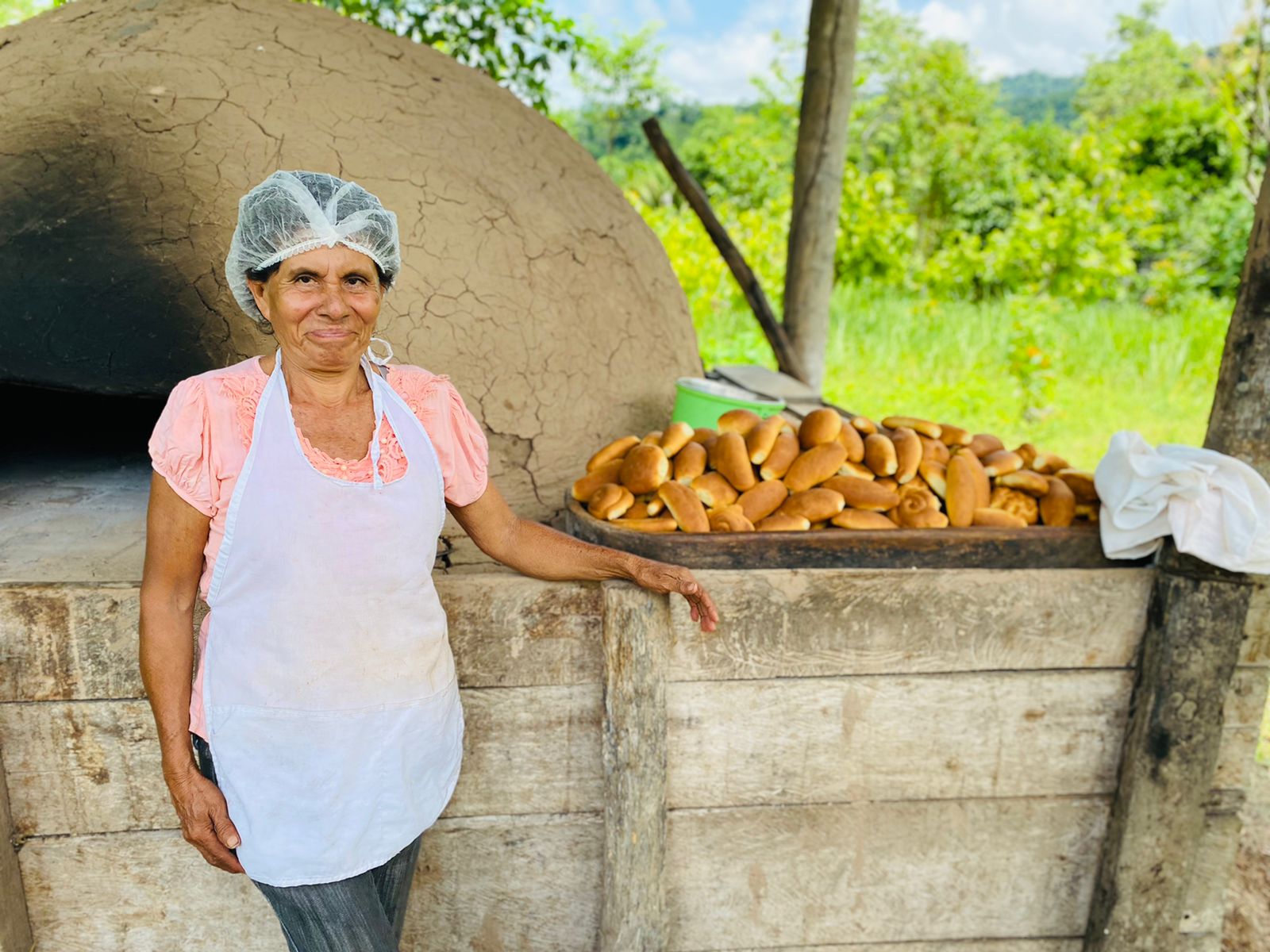
Clara is an artisanal baker. Her bread is consumed daily by community members in Santa Rosa. She bakes using local ingredients, including flour, egg, oil, yeast and occasionally cheese.
Through the project, Clara and her family hope to offer their baked goods as an experience to visitors. To accomplish this, they will be working to diversify the types of bread they produce and how to turn the bread-making process into a fun experience.
Clara hopes to showcase locally sourced ingredients with her bread, like cocoa, sausage and yucca. She also wants to show visitors the important role her bakery plays in community life in Santa Rosa!
Jerly Huaman Quispe, San Juan del Abiseo – Rio Abiseo National Park
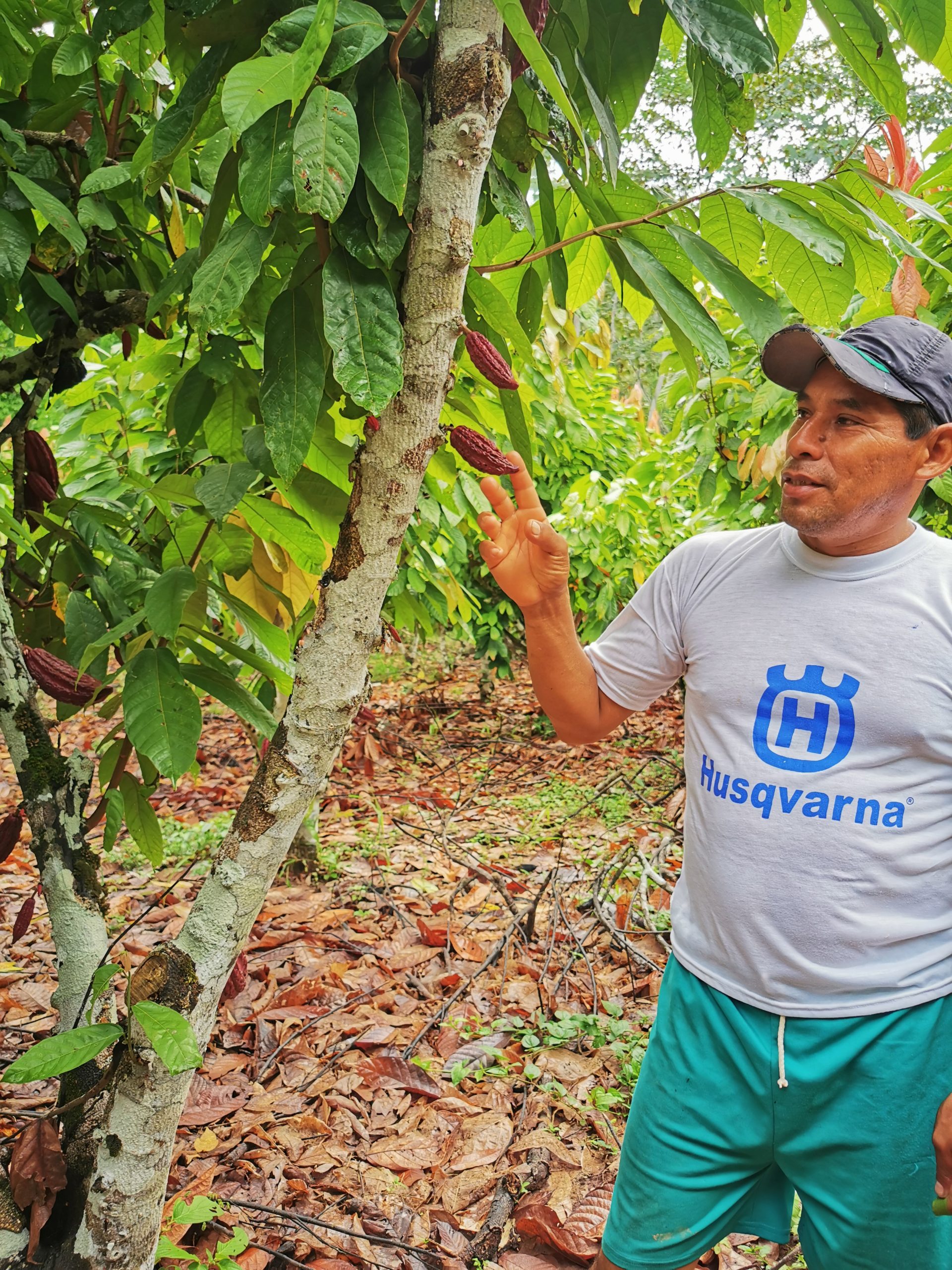
Jerly wants to create an ecotourism product which highlights natural drinks made from medicinal barks from trees in San Juan del Abiseo.
In order to do this, Jerly is looking for support through the project on how to create a sustainable tourism experience that is aligned with conservation goals in his protected area.
His location is accessible to the flow of visitors coming to Rio Abiseo. With the new experience, Jerly hopes more people will visit his community and see its natural beauty.
Sandro Sandoval Caballero, Pucallpillo Community, Rio Abiseo National Park
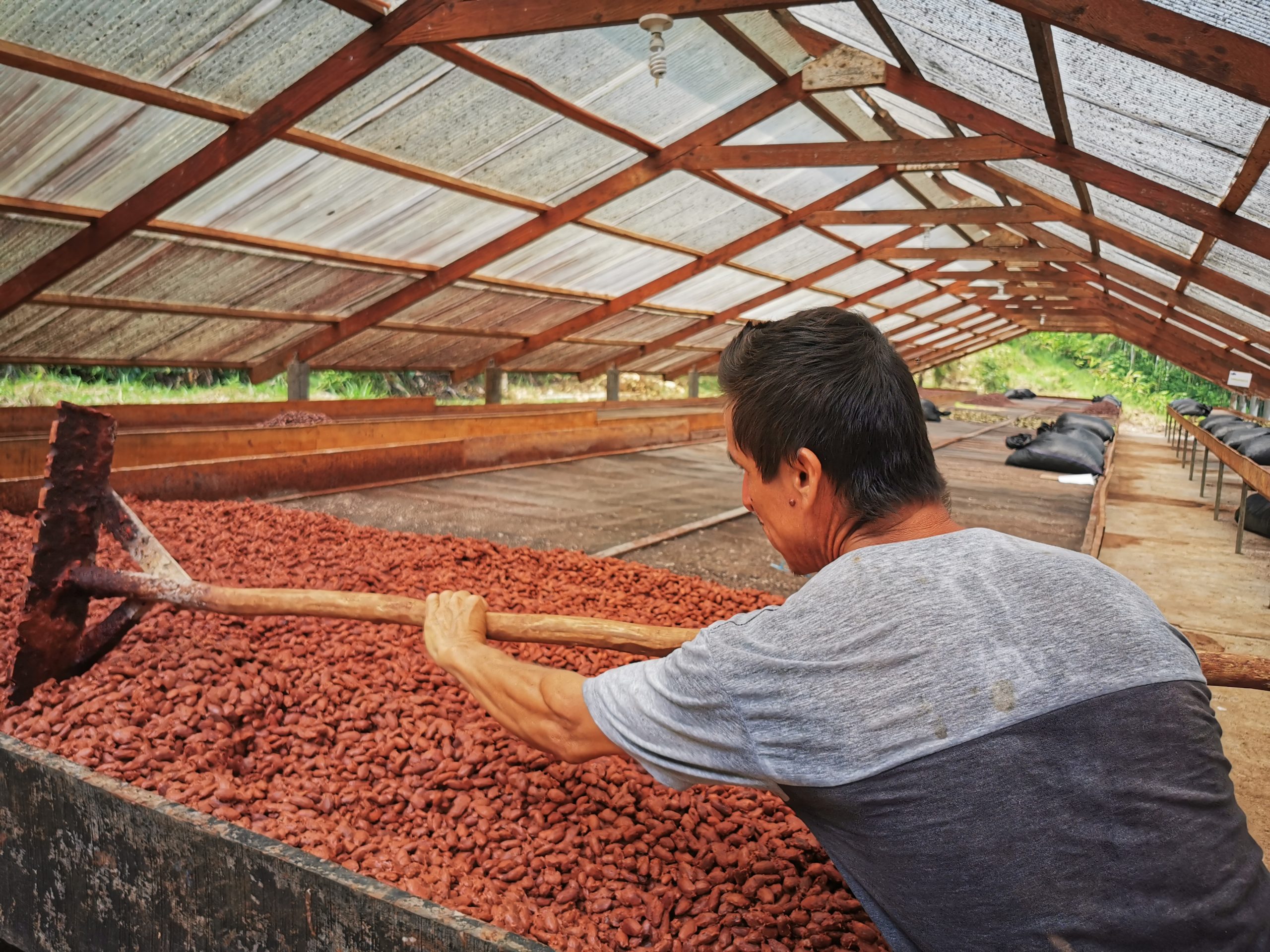
Sandro is a cocoa farmer. He hopes to create an ecotourism experience that will allow visitors to understand the full cocoa production process. Visitors will learn about (and participate in!) planting, harvesting, post-harvest and marketing of cocoa.
Through the project, Sandro hopes to learn more about tourism, and how he can turn his cocoa production into a fun and educational experience for visitors to Pucallpillo.
The community currently sells cocoa products to the European market through their own community-based enterprise called “Choba Choba”.
Rodolfo Vargas Vásquez, Pizarro Community, Rio Abiseo National Park
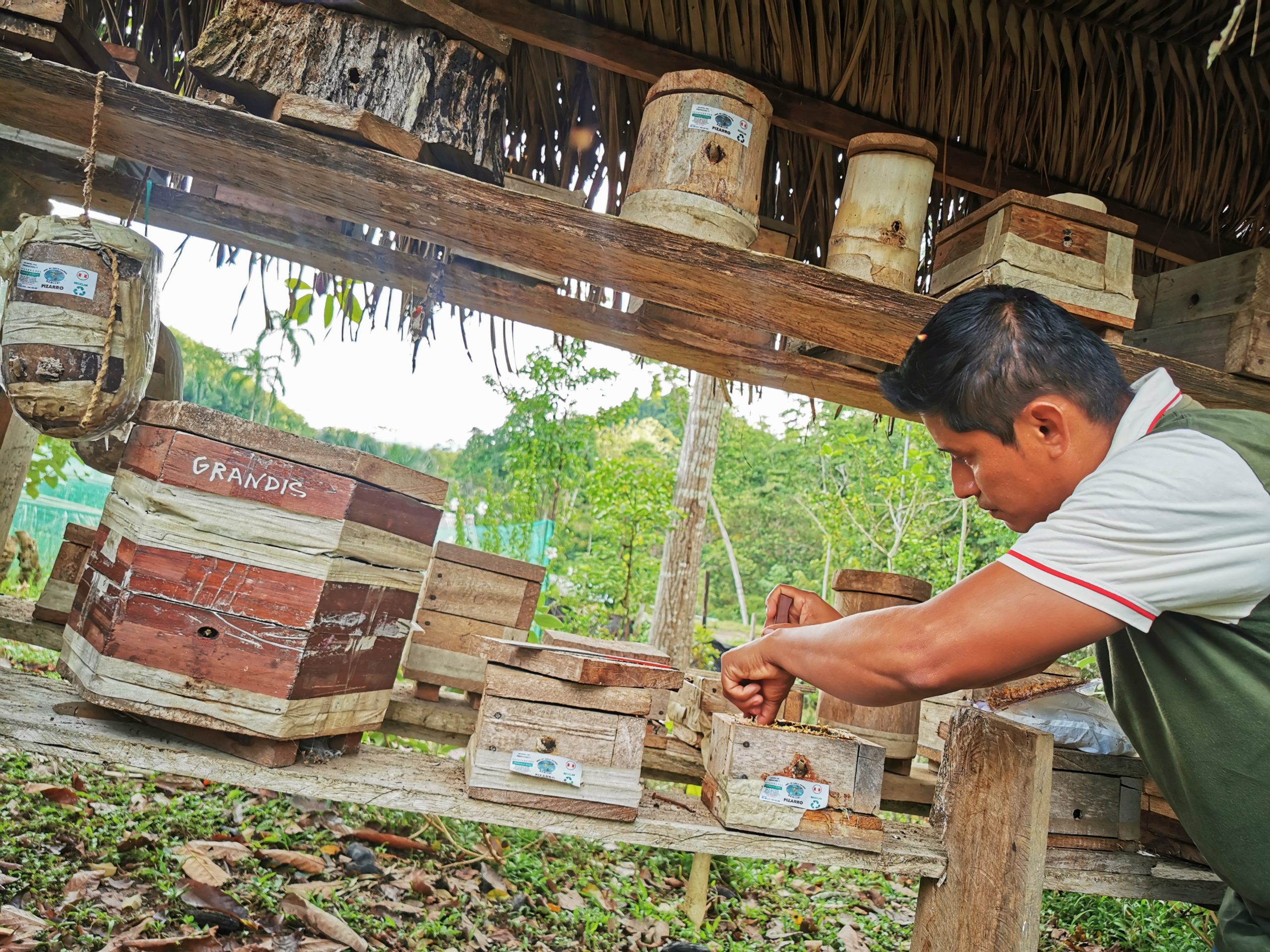
Rodolfo is a beekeeper and honey producer. He and his community hope to teach visitors about Meliponas (stingless bees), including a demonstration of how they take care of this special bee.
Breeding of Meliponas is a livelihood of community members. They aim to create an ecotourism experience that complements this livelihood without compromising the conservation of the species.
A beekeeping tourism experience in Pizarro would be the first offered in the protected area and a special experience for any visitor.
In Peru, community members along with protected area site managers have developed Action Plans to recover the local tourism industry and ensure that there will be even more benefits for the local communities in the future!
These entrepreneurs will receive training on product development, marketing, and health and safety over the coming months to improve their overall products.


